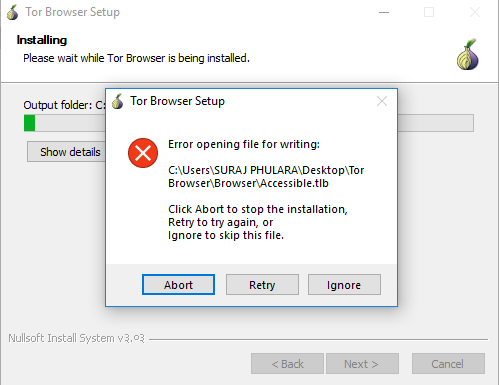- What is mosh in Linux?
- Is mosh better than SSH?
- What port does Mosh use by default?
- What is Mosh in computer?
- Whats yum install?
- How install Find command in Ubuntu?
- What is the yum command in Linux?
What is mosh in Linux?
Mosh is a replacement for interactive SSH terminals. It's more robust and responsive, especially over Wi-Fi, cellular, and long-distance links. Mosh is free software, available for GNU/Linux, BSD, macOS, Solaris, Android, Chrome, and iOS.
Is mosh better than SSH?
Mosh is a modern replacement for SSH that has much better support for slow and unstable networks such as those typically found over mobile networks. Its main advantage for Browsh is that it only sends screen diffs, therefore it only uses bandwidth when something on the screen changes.
What port does Mosh use by default?
By default, mosh uses a port number between 60000 and 61000, but the user can select a particular port with the -p option.
What is Mosh in computer?
In computing, Mosh (mobile shell) is a tool used to connect from a client computer to a server over the Internet, to run a remote terminal. Mosh is similar to SSH, with additional features meant to improve usability for mobile users.
Whats yum install?
yum is the primary tool for getting, installing, deleting, querying, and managing Red Hat Enterprise Linux RPM software packages from official Red Hat software repositories, as well as other third-party repositories. yum is used in Red Hat Enterprise Linux versions 5 and later.
How install Find command in Ubuntu?
The find command typically comes installed on Linux operating systems by default. If it does not, you can use your operating system's package manager(yum, apt-get, pkg_add) to install it. Depending on your operating system, locate may be installed as well.
What is the yum command in Linux?
The yum command is the primary tool for getting, installing, deleting, querying, and otherwise managing Red Hat Enterprise Linux RPM software packages from official Red Hat software repositories, as well as other third-party repositories.
 Torgeek
Torgeek



